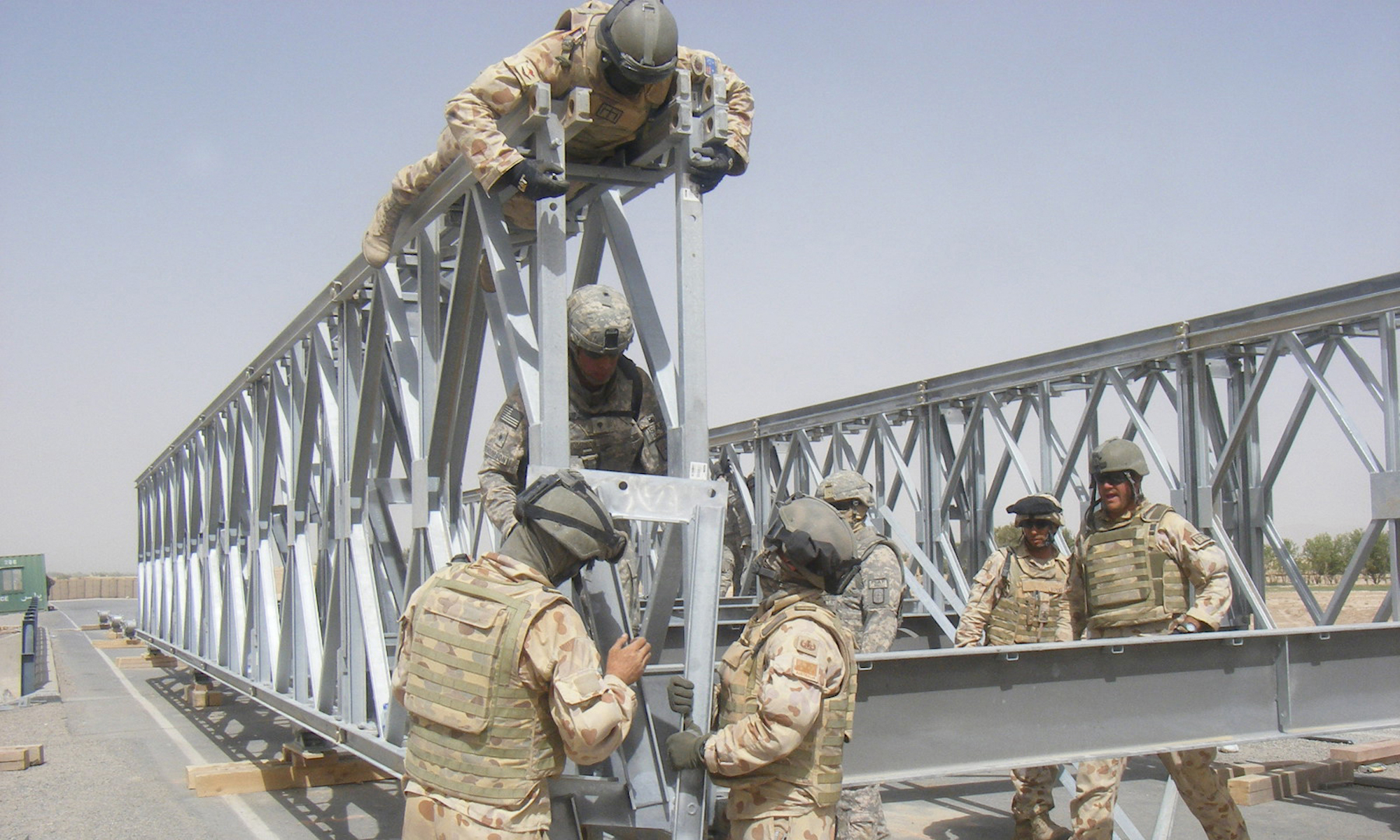The 2011 World development report looks across disciplines and experiences drawn from around the world to offer some ideas and practical recommendations on how to move beyond conflict and fragility and secure development. The key messages are important for all countries-low, middle, and high income-as well as for regional and global institutions: first, institutional legitimacy is the key to stability. When state institutions do not adequately protect citizens, guard against corruption, or provide access to justice; when markets do not provide job opportunities; or when communities have lost social cohesion-the likelihood of violent conflict increases. Second, investing in citizen security, justice, and jobs is essential to reducing violence. But there are major structural gaps in our collective capabilities to support these areas. Third, confronting this challenge effectively means that institutions need to change. International agencies and partners from other countries must adapt procedures so they can respond with agility and speed, a longer-term perspective, and greater staying power. Fourth, need to adopt a layered approach. Some problems can be addressed at the country level, but others need to be addressed at a regional level, such as developing markets that integrate insecure areas and pooling resources for building capacity Fifth, in adopting these approaches, need to be aware that the global landscape is changing. Regional institutions and middle income countries are playing a larger role. This means should pay more attention to south-south and south-north exchanges, and to the recent transition experiences of middle income countries.
The Arab Spring: Its Geostrategic Significance
The democratic uprisings and consequent turmoil in the Arab world during the last 18 months have had significant impact on the geostrategic situation in the Middle East as well as on the policies of major regional and global powers. As the upheavals continue to unfold, especially in strategically important countries such as Syria and Bahrain, they will continue to have a major impact on intraregional politics as well as great-power interests.
The News Media and the Transformation of Ethnopolitical Conflicts
This chapter explores the relationship between the political framework of conflict regulation and journalism. Second, it specifies what it sees as the determining factors within the media system. Third, it attempts to evaluate the efforts of external actors such as international and non-governmental organisations (NGOs) to support the transformation of conflicts. It indicates the limits of external intervention, including coercive measures. Finally, some conclusions on the potential role of the media are drawn and some recommendations proposed for improving the performance of the media in situations of tension and conflict.
Constructive Discourse Transformation. Media Work in Asymmetrical, Intercultural Conflicts: The case of the Middle East
Using the Media for Conflict Transformation: The Common Ground Experience
Founded in 1982, CG is a non-governmental organization (NGO) funded by donations from a range of foundations, governments, businesses, multilateral organizations and individuals. Striving for winwin solutions in cross-cultural integration, CG engages in a long-term process of transformation primarily through media-related projects. This comprises a wide spectrum of very different media work formats, even peace songs, street theatre, posters or comics . Using one of these types or a combination of activities, CG strives to strengthen local capacities to deal with conflict. CG has been working in Angola, Burundi, Greece and Turkey, Iran and the United States, Liberia, Macedonia, the Middle East, Sierra Leone, the Ukraine, Indonesia, and the Balkans. The work of CG is illustrated here to outline the potential of media in conflict transformation.
Media, Trials and Truth Comissions: ‘Mediating’ Reconciliation in Peru’s Transitional Justice Process
Increasing emphasis is being given to truth commissions in efforts to achieve transitional justice goals, including the establishment of a collective memory, democracy and reconciliation. Truth commissions alone cannot guarantee that these goals will be met, however. The authors of this article believe that the media also has a definitive impact on the process. Indeed, how the media portrays transitional justice mechanisms, such as truth commissions and trials, often determines how they are received in a postconflict society. Failure to take into account the importance of public opinion during transitional justice processes carries the risk of societal divisions being reinforced, which appears to have been the case in Peru. The authors argue that, for this reason, attention should be paid to establishing a constructive societal dialogue, which is often most possible through attention to the reform and support of the local media. Although a national dialogue may not always result in an agreed-upon collective memory, it is arguably a prerequisite. The media plays an important role in this endeavor and may ultimately encourage or hinder reconciliation and the recurrence of conflict.
